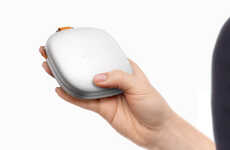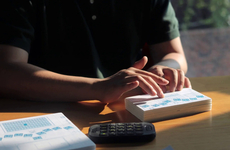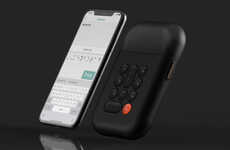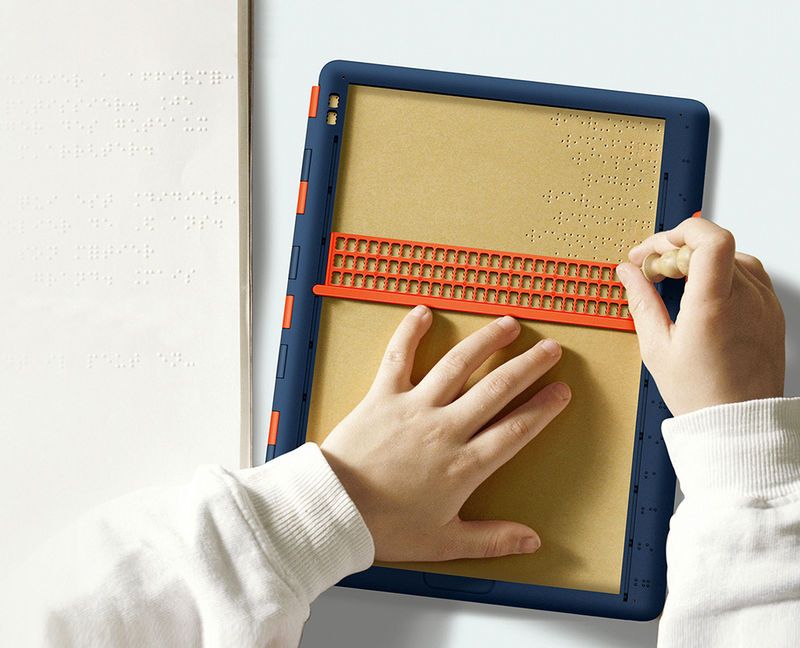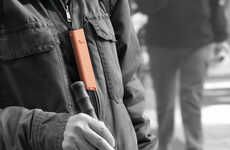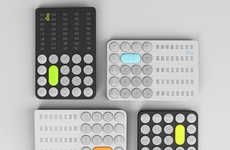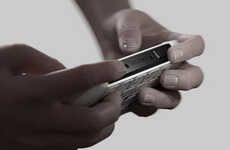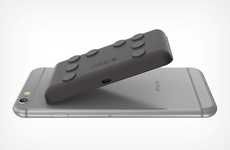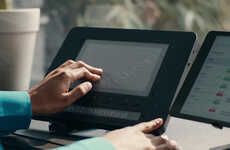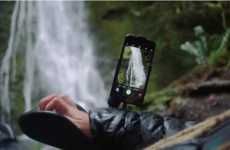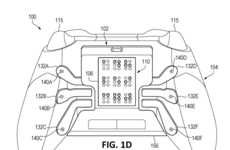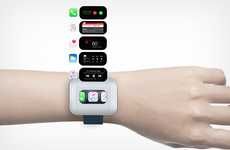
The 'Barrier-Free Braille Board' Has an Ergonomic Aesthetic
Michael Hemsworth — October 22, 2019 — Lifestyle
References: yankodesign
The conceptual 'Barrier-Free Braille Board' has been designed as an upgrade to traditional braille writing accessories to help users seamlessly compose text at their leisure without feeling limited by their equipment. The braille board works by having text written in reverse (like traditional braille boards), but boasts an additional plastic frame that will keep the paper in place. This also allows users to seamlessly slide the sheet out of place to read what they've written as they go to allow for a more intuitive, user-friendly experience.
The conceptual 'Barrier-Free Braille Board' is the design work of Yang Decai, Chen Dayu, Hao Taotao, Li Peijie, Tanzou Xinran, Yang Defa, Yang Xi, Yang An, Yang Changyuan and Zhu Zhifang. It is the winner of the 2019 Red Dot Design Concept Award.
The conceptual 'Barrier-Free Braille Board' is the design work of Yang Decai, Chen Dayu, Hao Taotao, Li Peijie, Tanzou Xinran, Yang Defa, Yang Xi, Yang An, Yang Changyuan and Zhu Zhifang. It is the winner of the 2019 Red Dot Design Concept Award.
Trend Themes
1. Inclusive Technology - Designing intuitive braille writing tablets demonstrates potential for inclusive technology, allowing for disabled persons to seamlessly interact with technology.
2. Enhanced User Experience - The 'Barrier-Free Braille Board' introduces an ergonomic aesthetic, improving the user experience for braille writers by seamlessly composing text at their leisure.
3. Assistive Technology - The development of intuitive braille writing tablets disrupts the conventional braille writing accessories market, by enhancing the functionalities of traditional designs.
Industry Implications
1. Technology - Integrating intuitive braille writing tablets in the tech industry holds potential for the development of various assistive technologies for disabled persons.
2. Education - The application of intuitive braille writing tablets and other assistive technologies in the education industry could optimize accessibility of persons with disabilities to educational contents.
3. Communication - Integrating intuitive braille writing tablets in communication-oriented processes such as literature and journalism could optimize accessibility of persons with visual impairment to information.
2.2
Score
Popularity
Activity
Freshness



